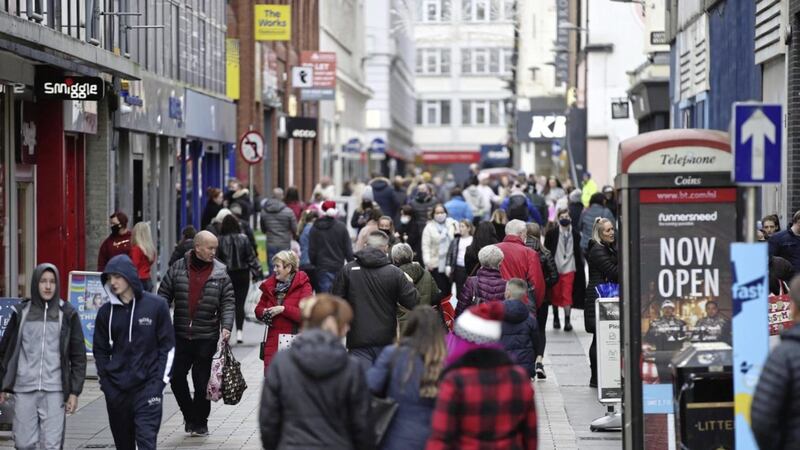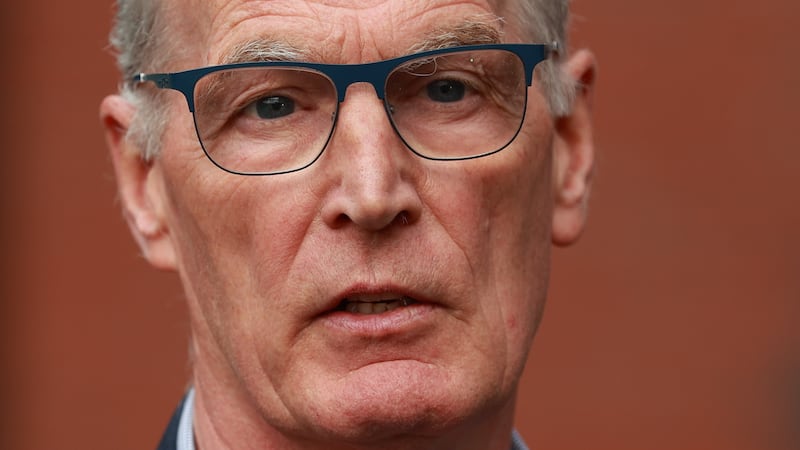IT was late October – less than 11 weeks ago – when Arlene Foster suggested “every part of our society must adapt and learn to live with the virus”, while at the same time Michelle O’Neill advocated a strategy that avoided a “cycle of lockdowns”.
The first and deputy first ministers weren’t to know there’d be a subsequent surge in coronavirus cases or that new more virulent variants would emerge.
Like governments across the world, they were dealing with an unprecedented situation, seeking to balance the curtailment of normal life with the economic consequences.
Health experts were no doubt stressing the additional dangers posed by the onset of winter and increased socialising at Christmas, yet the executive settled on a series of circuit breakers which had little effect on the spread of the virus, due in part to a lack of clear and coherent messaging.
Relaxations around retailing in the run-up to the festive season wouldn’t have helped the situation either.
Some of the blame for the absence of a more rigorous approach earlier lies with our system of government – a committee that at times behaves in the manner of Dr Dolittle’s pushmi-pullyu.
Feeding into this is some individual ministers' blinkeredness and warped world view.
There’s been no sign of public contrition but surely those DUP ministers who vetoed the extension of restrictions in November must have regrets?
Now, notwithstanding the education minister’s inexplicable prevarication around the transfer test and scheduling the return of schools for the new term, it appears the penny has finally dropped for the sceptics – failure to take co-ordinated, decisive action will lead to a massive increase in cases and huge pressure on the health service.
No more compromises that allow close-contact businesses to open, no scores-on-the-doors waivers for hospitality, and no schools with the attendant travel problems.
Coupled with the return to a lockdown reminiscent of last March, there now appears to be a greater will to grasp the nettle of enforcement alongside an abandonment of the laissez faire approach to travel.
However, without resorting to the extremes adopted in China, the politicians can only do so much.
The public has a responsibility too – firstly to adhere to the restrictions and secondly to adopt a zero tolerance approach to those who flagrantly breach them.
The police must be deployed where necessary and given full political support. Meanwhile, businesses forced to endure further closures must receive prompt and appropriate financial assistance.
If we’re all in this together, the sooner we can emerge to a time when lockdowns are no longer required.








